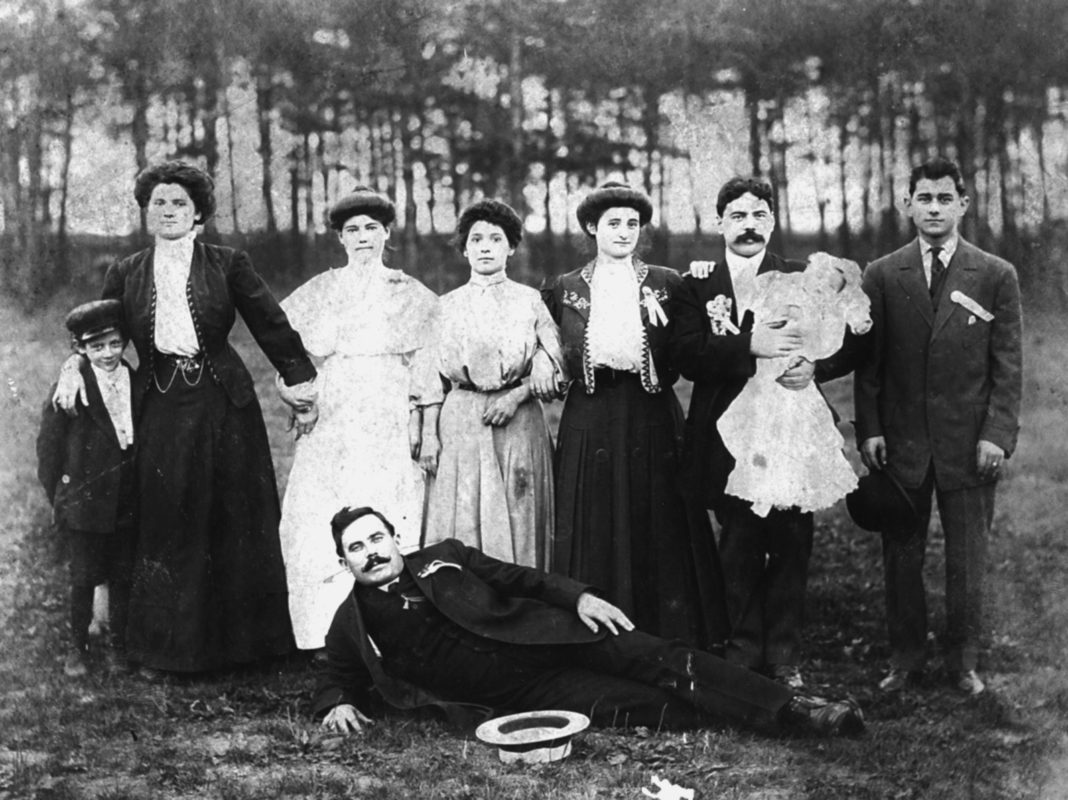
Immigration and Early Years
In the early years of Greek immigration, many immigrants came to the United States with the belief that their stay was temporary. However, many Greeks came to stay and were directed by a daily work ethic that went beyond the 40-hour week. Greeks were capable of the backbreaking labor of the railroads and the long hours of the horse carts, grocery stores, and restaurants, but work served the purpose of achieving prosperity. Greeks would achieve in business, industry, and the arts, but achievement began in the humble beginnings of relatively few immigrants.
Family Life
The family provided a framework for success. Greek families centered children in myth, literature, philosophy, even sayings that teach children the pitfalls of pride. For many immigrants, though, family life was disrupted. Often children were sent to the United States unattended to meet brothers or family. Brothers often arrived in the country years before a relative.
Often a sister in Greece would need to be married, so a brother, established in the United States, provided the means to ensure a successful marriage. Men would arrive in the United States and send as much of their income to the homeland either for pryka (dowry) or to support a family.
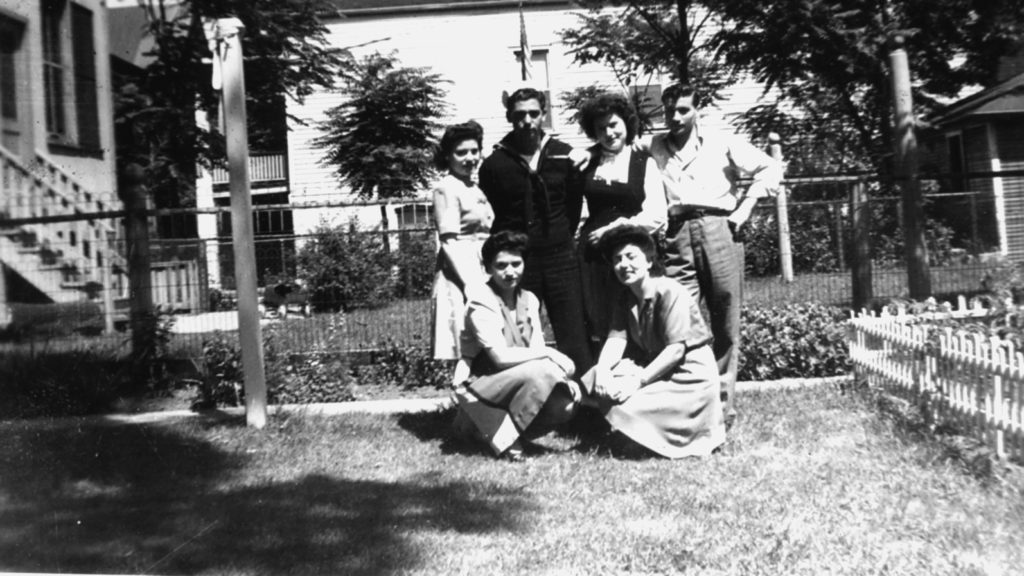
Learn More: Greeks in Chicago by Michael George Davros, Ph.D.
Work, Faith, and Education
Of work, faith, and education, the driving force of accomplishments in the Greek community was work. The value placed on work led Greek Americans to deposit wealth not only into business institutions but also the churches and then into political arenas. Education turned toward preservation of the Greek language. The fear that the Greek language would disperse was accompanied by the fear that the core of Hellenic culture and ideals would disappear. Greek schools and language instruction today act in defense and preservation of Greek culture. The Greek Orthodox faith provided another sanctuary. As churches grew into magnificent and ornate structures, Greeks expended great wealth to establish thriving Greek Orthodox communities throughout Chicago.
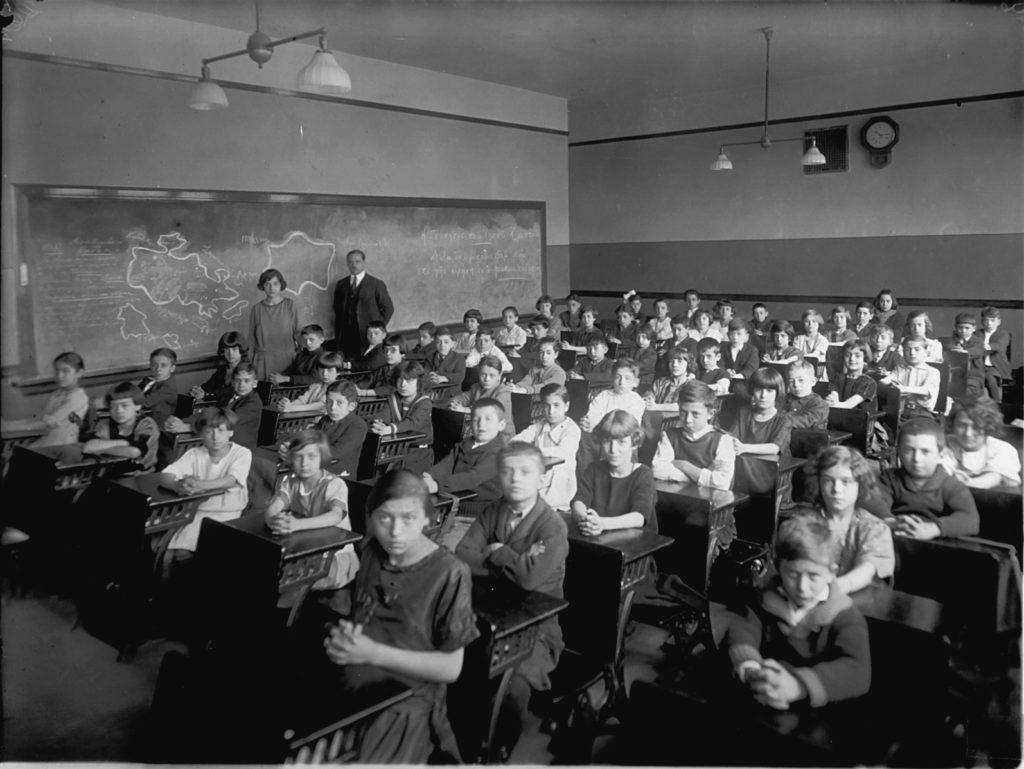
Buy the Book: Greeks in Chicago by Michael George Davros, Ph.D.
Organizations, Arts, and Recreation
Women’s clubs transformed themselves into the Philoptochos (literally “friends of the poor”) to address growing problems of poverty both inside and outside the Greek community and the United States. In literature, painting, sculpture, the fabric arts and more, Greeks have lived up to the moral imperative of their heritage. While many modern Greeks may not readily identify the concept of arête, the strive toward excellence certainly manifests itself in cultural productions. In Chicago, Greeks produced operas at midcentury, some of them designed to assist in the war effort. More than a few Greeks opened movie theaters, conversions from vaudeville. Ever-increasing wealth brought about higher aspirations. Today, it is not unusual to see big-name Greek surnamed performers.
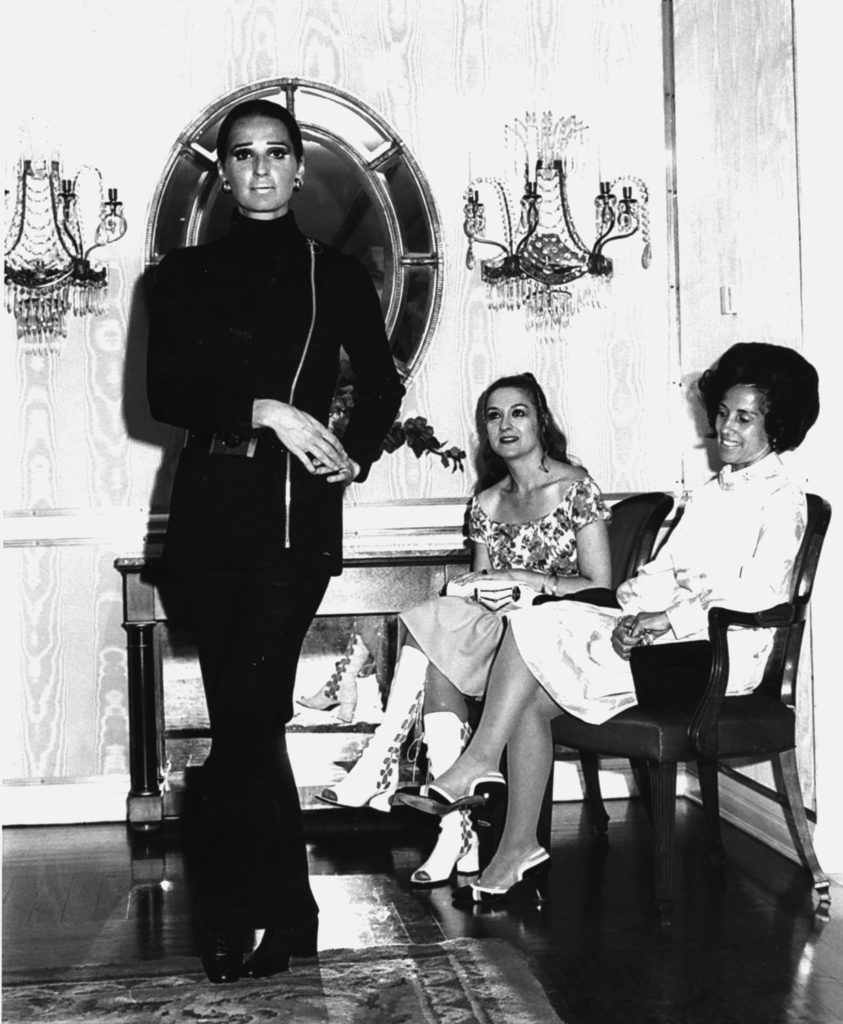
Preserving the Homeland
As many Greek Americans acquired wealth, they contributed money to Greeks in Europe. American Greeks have benefited their European counterparts by building roads, orphanages, hospitals, clinics, and other services. Recent efforts, like those of Andrew A. Athens to benefit people who identify themselves as Greeks in the former republics of the Soviet Union, have met with dramatic benefits for an oppressed people.
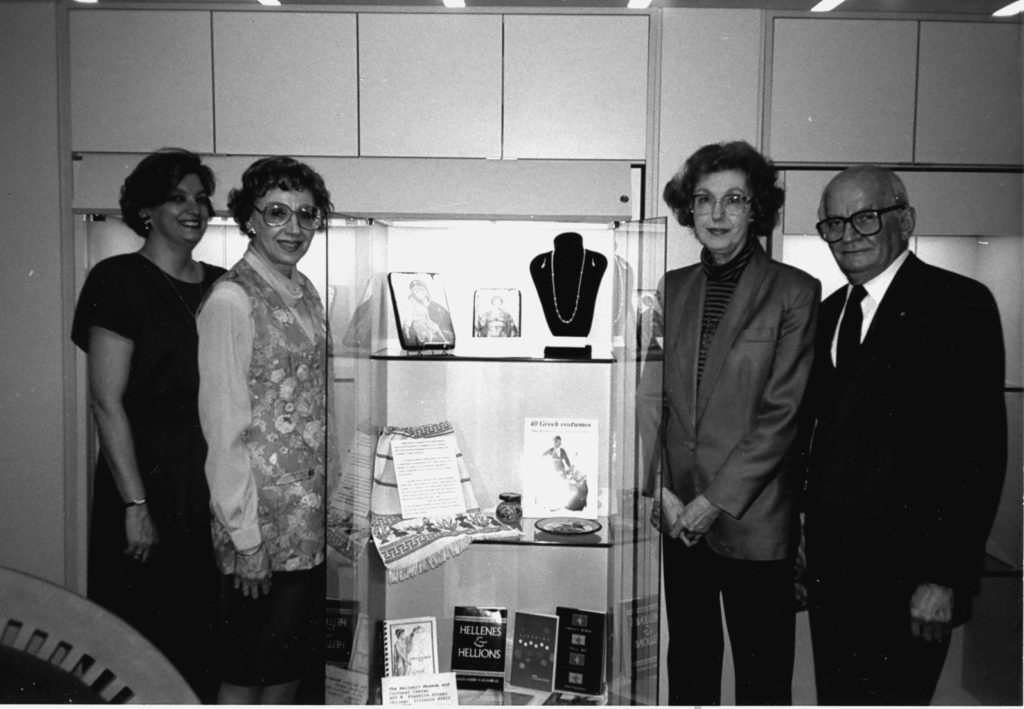
To learn more about the Greek community in Chicago, click here.

